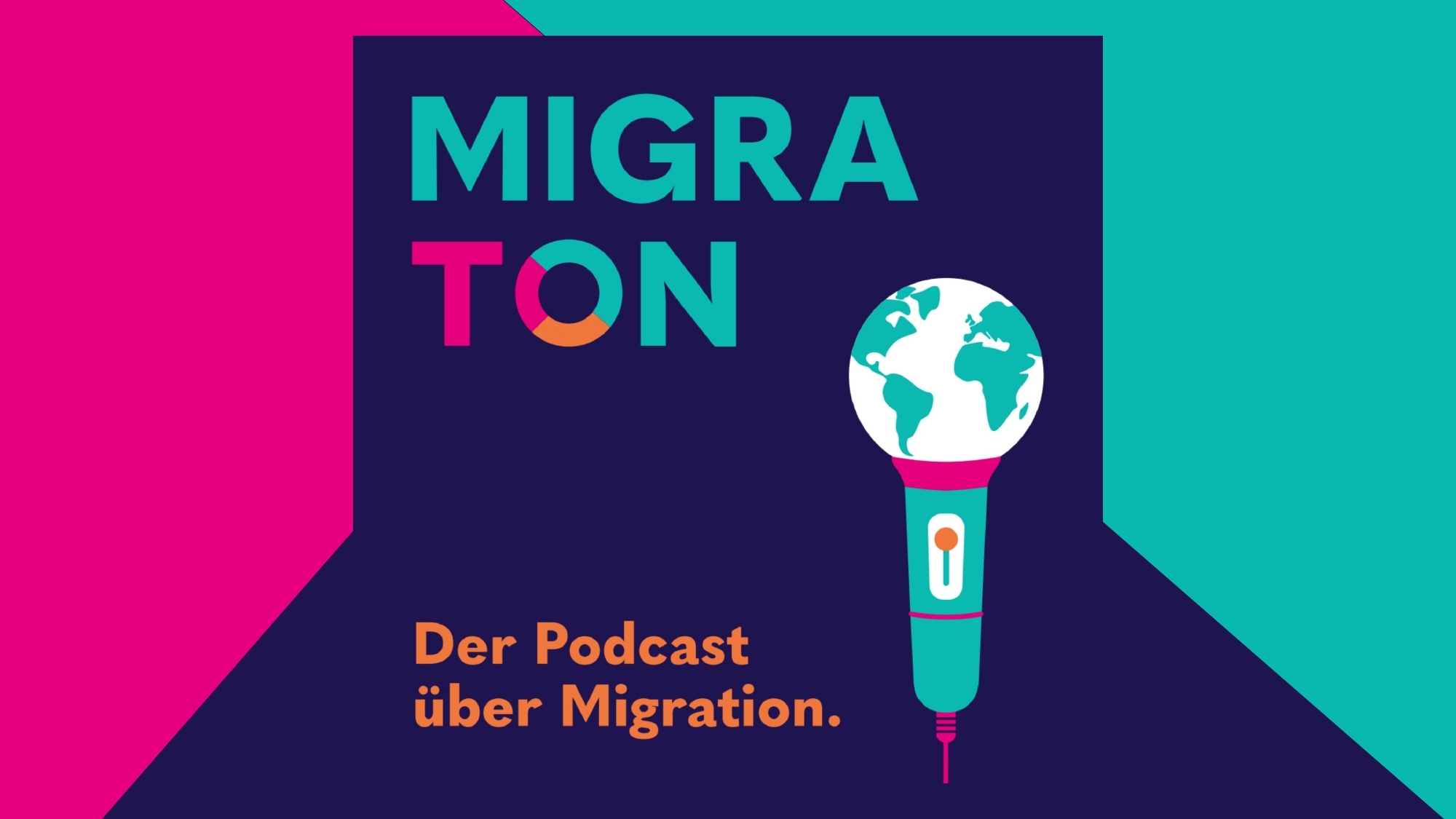18 FEB | TEATIME – No Future for the EU’s International Cultural Work? A Post-Brexit Talk about Future Relationships with the British Council
No Future for the EU’s International Cultural Work?
A Post-Brexit Talk about EU’s Relationships with the British Council
With Krzysztof Jurek
Director of the British Council’s EU office in Brussels
There are many consequences of Brexit we still need to grasp in order to figure out how to move forward. One of its consequences is the end of the institutional partnership – as we know it – between the EU and the UK’s national cultural institute, the British Council, in the area of international cultural cooperation and cultural diplomacy.
In our Teatime event we invite participants to focus on the question:
After Brexit, how can and how should future relationships between the EU and the British Council look like?
For years now, the British Council has been a major partner of the EU in the area of international cultural cooperation and cultural diplomacy. The British Council was involved in many aspects of the development and implementation of the EU’s strategy for Culture in International Relations.
The EUNIC network, too, relied heavily on the British Council as one of its strongest members. EUNIC’s greatest achievements in the last years were rooted in the cooperation between the EU, the British Council, and EUNIC partners such as the Goethe Institute.
The achievements of the EU’s cooperation with the British Council in cultural diplomacy and cooperation are not well known in the general public, because cultural cooperation in international relations is a relatively recent field of European cooperation. In the last 5 to 10 years, however, cooperation options on the European level developed and led to promising options for international cultural work.
Without the British Council as a key partner in this developing architecture of the EU’s international cultural relations, can we imagine a future for the EU’s international cultural strategy?
How do we go from there? With our guest, Krzysztof Jurek, we will discuss the current situation of cooperation and brainstorm about options for the future.
Please click here for more information about the British Council’s position on the future of cultural cooperation with the EU.
We are looking forward to your participation and contributions! Please register below in order to attend the event.
Any question will be gladly answered by Claire Saillour.
______
Our expert
Krzysztof Jurek is currently the Director of the British Council’s EU Office in Brussels. He leads the British Council’s global policy, development and cooperation engagement with the EU Institutions and key national European agencies and institutes. Prior to that, he worked at the European Commission’s Headquarters and Delegations on aid programming in the Neighbourhood East. He started his career with KPMG’s public sector consulting division in 1997, supporting candidate countries in CEE meet the EU accession criteria; then moving onto development work in South Asia and Sub Saharan Africa, focusing on good governance and rule of law. He is a graduate of the University of Essex and the College of Europe.
______
Buchungen sind für diese Veranstaltung geschlossen.

